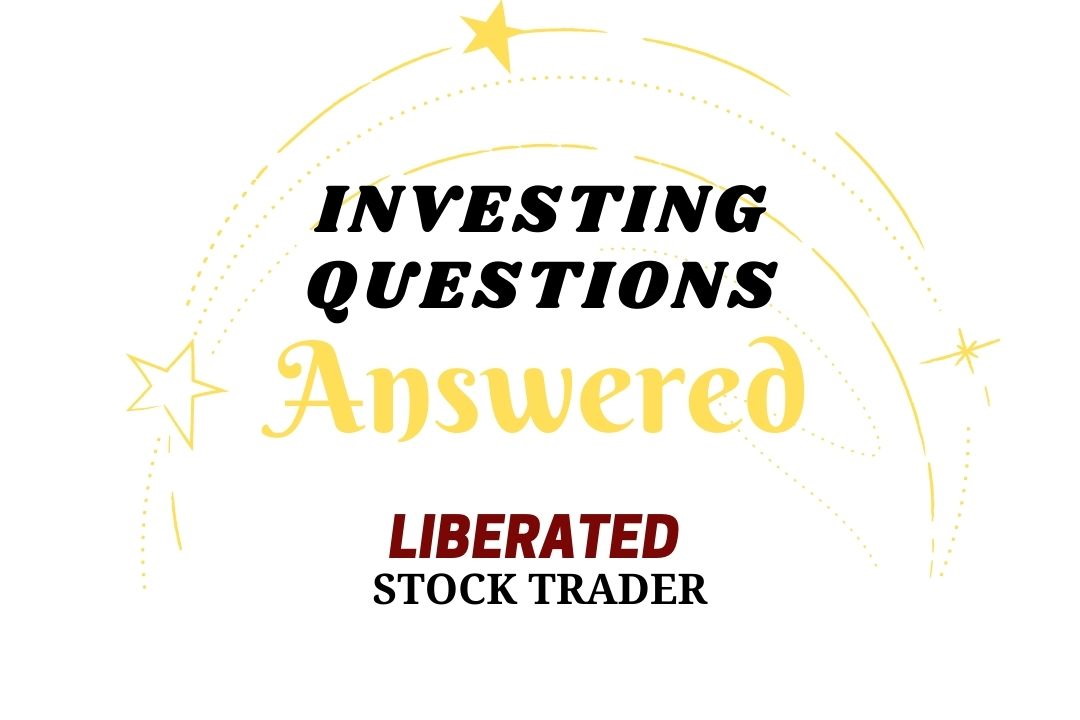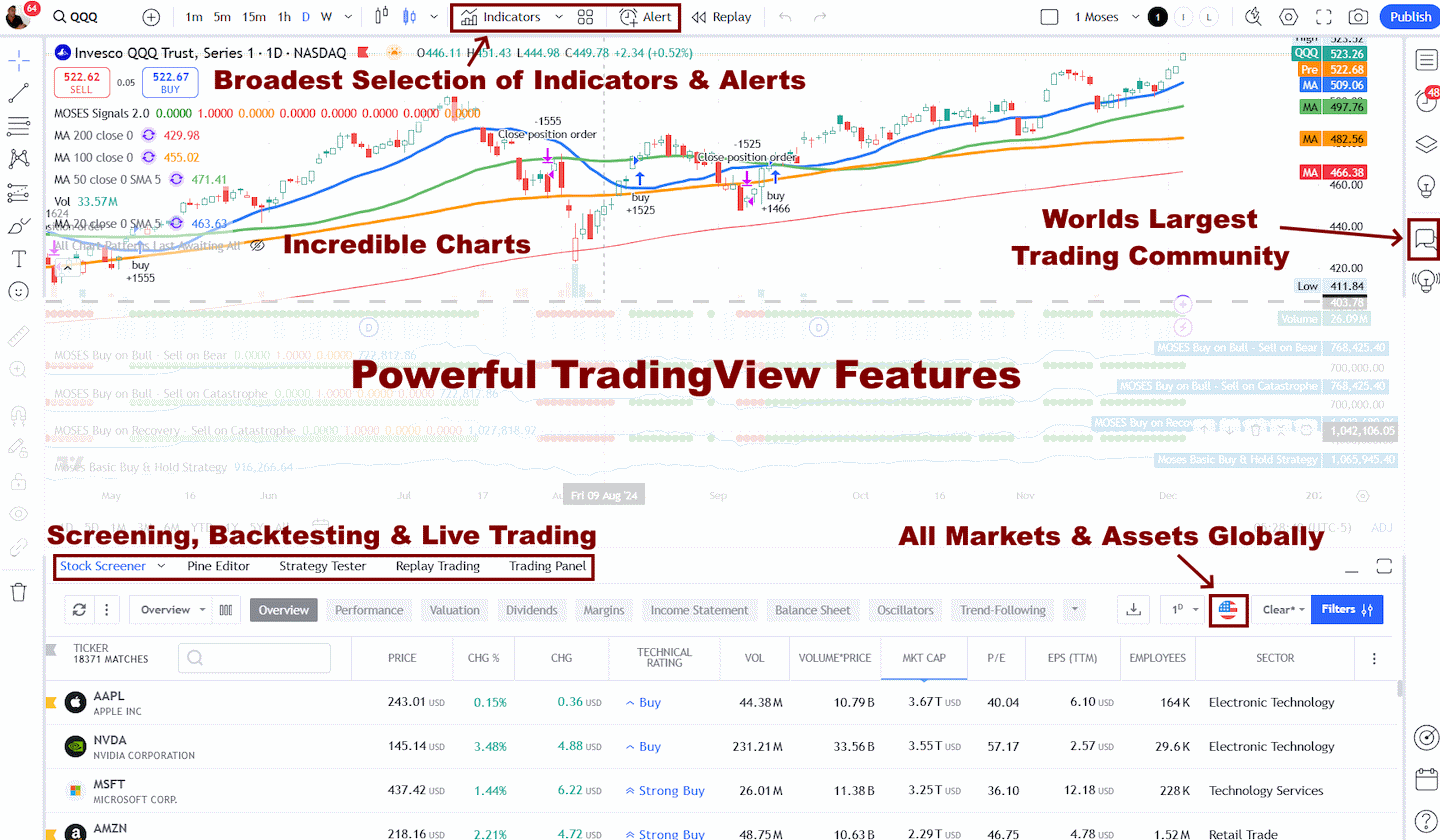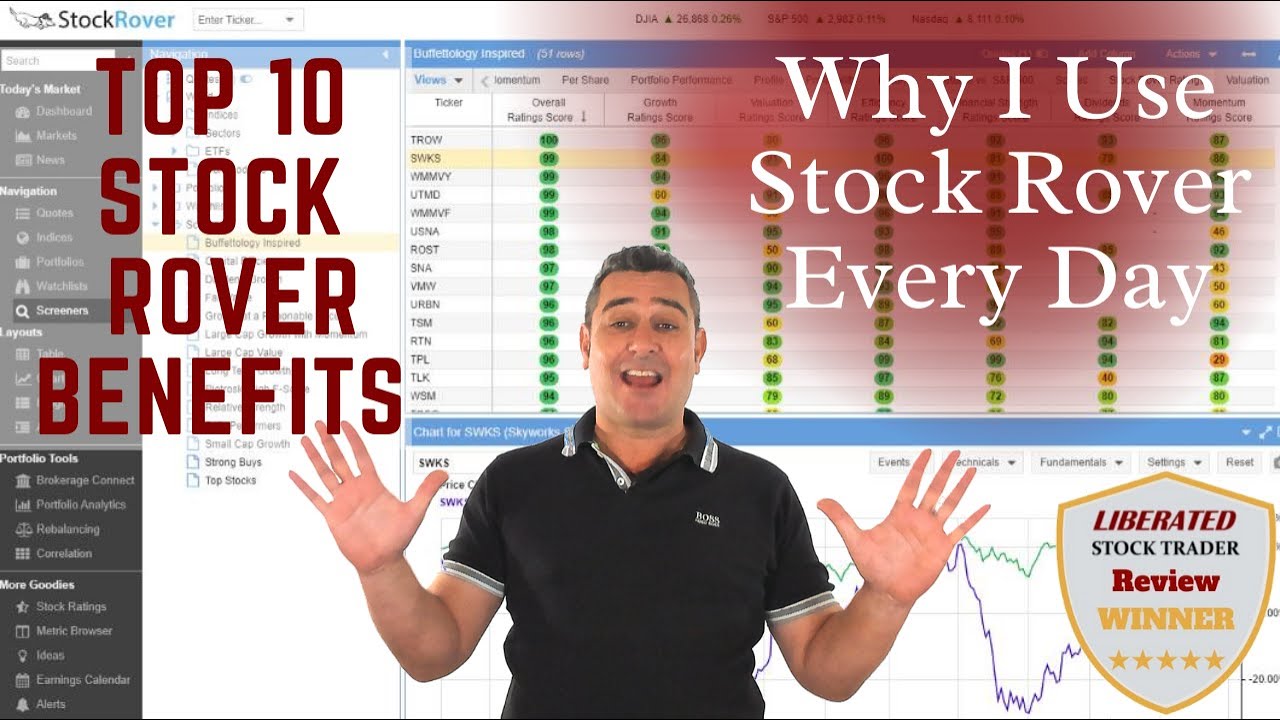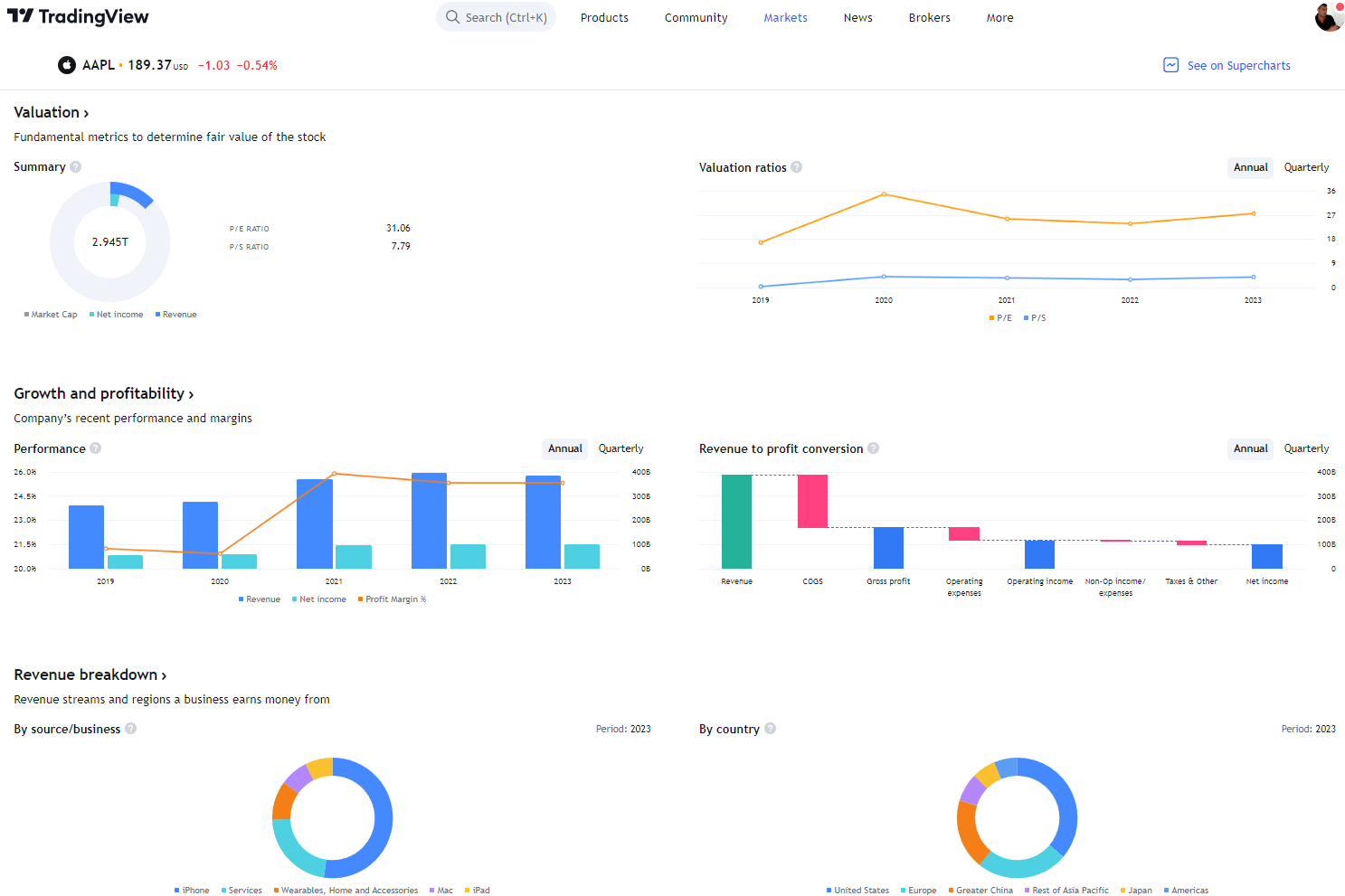The Futures Market is where individuals and institutions buy and sell contracts to deliver a commodity, currency, or security at an agreed-upon time.
These contracts are standardized for quality, quantity, delivery dates, and settlement terms.
The Futures Market allows traders to take advantage of price movements in underlying commodities without actually owning them.
What Are Futures in Trading?
Futures are derivative contracts that enable two parties to agree to buy or sell a specific asset at an agreed-upon price on a specified date in the future. This contract is standardized and comprises “trading lots”—amounts of the underlying asset that must be bought or sold. It also includes terms like delivery date, quality, and settlement terms.
Understanding the mechanics of futures trading is essential for anyone wanting to trade in this market.
Generally speaking, the Futures Market enables two parties to enter into a contract on an agreed-upon price today for delivery at an agreed-upon time.

Why Do Commodity Futures Exist?
Futures contracts were initially created to protect producers and consumers from unstable and unpredictable price fluctuations in the commodities market. By setting a predetermined price for a commodity at a future date, either party can avoid taking on too much risk by locking in their profits or costs.
For traders, futures offer an opportunity to capitalize on underlying asset price movements without actually having to own them. This means traders can take advantage of long or short positions to benefit from market trends and conditions without physically holding the asset.
Example: A Farmer Locking in Future Corn Prices
For example, farmers may want to lock in their income from their next corn crop before it is harvested. They can do this by entering into a futures contract with a buyer and agreeing on a set price for the corn at an expiration date in the future. This protects both parties in volatile market conditions, which could result in either higher or lower prices. By entering into the contract, they can ensure that regardless of what happens in the markets, both parties will receive the agreed-upon price for the corn at expiration.
See Corn Futures Contracts Live on TradingView
Futures Contracts for Investors
Investors and traders can also use this type of hedging strategy. Instead of physically holding an asset, they can use derivative instruments such as futures contracts to protect their investments from adverse market conditions. This is especially beneficial for those with a long-term investment horizon, as they can mitigate the risk of extreme price movements over time. By entering into futures contracts, investors can effectively lock in prices at predetermined levels and hedge against potential losses due to unexpected events and changes in market sentiment.
Example: A Confectionary Company & Cocoa Prices
For example, a confectionary company that uses cocoa as one of its major ingredients can use futures contracts to protect itself against rising cocoa prices. By entering into a contract to deliver future cocoa beans at a predetermined price, it can hedge against potential losses if the market price of cocoa rises above its expectations.
Using this strategy, the company could protect itself against any losses it might incur due to increased cocoa prices.
See Cocoa Futures Contracts Live on TradingView
In addition, investors can benefit from price movements during volatile market periods by entering into futures contracts. By leveraging their investments and taking long or short positions on futures contracts, they can profit if the market moves in their favor.
How to Trade a Futures Market
When you trade in the futures market, you are essentially betting on the future price of an asset. For example, let’s say that you believe the price of gold will increase in the next year. You could buy a gold futures contract, which gives you the right to buy gold at a certain price (the strike price) at some point in the future (the expiration date). If the price of gold goes up, you can then sell the gold for a profit. If the price of gold goes down, you will lose money.
It is important to note that futures contracts are not without risk. The underlying asset’s price can go up or down, affecting your profits or losses.
Additionally, your broker may force you to liquidate your position at a loss if you do not have enough money to cover the margin requirements (the amount required to buy or sell a futures contract).
My thorough testing awarded TradingView a stellar 4.8 stars!
With powerful stock chart analysis, pattern recognition, screening, backtesting, and a 20+ million user community, it’s a game-changer for traders.

Whether you're trading in the US or internationally, TradingView is my top pick for its unmatched features and ease of use.
Explore TradingView – Your Gateway to Smarter Trading!
What Stock Futures?
Stock futures are financial contracts that allow traders to speculate on the future price of a particular stock or index. With some stocks, you can buy futures contracts, which give you the right to purchase the underlying asset at a certain price (the strike price) at some point in the future (the expiration date).
If the underlying asset’s price goes up, you can profit by buying it at the lower strike price. Conversely, if the underlying asset’s price goes down, you may incur a loss as you will be forced to buy it at a higher price than its current market value. As such, stock market futures are not suitable for everyone, and investors should evaluate their risk tolerance before investing in them.
Investing In Stocks Can Be Complicated, Stock Rover Makes It Easy.
Stock Rover is our #1 rated stock investing tool for:
★ Growth Investing - With industry Leading Research Reports ★
★ Value Investing - Find Value Stocks Using Warren Buffett's Strategies ★
★ Income Investing - Harvest Safe Regular Dividends from Stocks ★

"I have been researching and investing in stocks for 20 years! I now manage all my stock investments using Stock Rover." Barry D. Moore - Founder: LiberatedStockTrader.com
How Do Stock Futures Work?
Stock futures contracts are agreements between two parties to buy or sell a specific number of shares at some point in the future. The buyer agrees to purchase the stock at the agreed-upon price (the strike price) on or before the expiration date., and the seller agrees to provide the same number of shares for sale at that time.
These contracts are traded on specialized exchanges like the Chicago Mercantile Exchange (CME). Future contracts are standardized, including certain criteria such as size, quality, and delivery date.
Investors can go long or short when trading a stock in the future. Going long means buying shares at a fixed price in anticipation of an increase in the underlying asset’s value. On the other hand, going short means selling shares at a fixed price in anticipation of the underlying asset’s value decreasing.
Stock Futures vs. Options: The Differences
Stock futures and stock options are derivatives, meaning they derive value from the underlying asset. However, there are a few key differences between them:
- Options offer more flexibility than futures because buyers can choose when to exercise their contracts (known as “call” or “put” options). With futures, investors must act before the expiration date.
- Options also offer the ability to “hedge” risk by buying a “put” option, which gives the holder the right to sell at a fixed price. This way, an investor can protect against sharp asset value declines.
- Futures contracts are more heavily regulated than options and thus require greater amounts of capital to trade.
- Futures contracts require that profits or losses be settled immediately after expiration, whereas options can be sold back to the market before expiration.
What is mark-to-market in futures trading?
Mark-to-market is an accounting mechanism used to value open positions in futures contracts. It requires the current market price of a commodity or security to determine the gain or loss associated with open positions at the end of each trading day.
This means that any gains or losses are immediately reported, and traders must adjust their capital to reflect these changes, even if the position is not yet closed. This helps traders to manage their risk and understand their financial performance on an ongoing basis.
What is the commodities basis?
The commodity basis is the difference between a commodity’s spot price and its corresponding futures contract price. It indicates how much value has been added or lost due to changes in supply and demand between the spot market and the future market. The basis can be used to indicate market sentiment towards a particular commodity, helping traders make informed decisions about their positions.
What is the Futures Margin?
The futures margin is the amount of money a trader must deposit to open a position in the futures market. It acts as collateral for any potential losses on the trade and is also used by brokers to cover any risk exposure. The margin will vary depending on the particular contract and the broker’s risk management policies, but it is usually a small percentage of the total value of the position. This margin type is also sometimes called an initial margin or performance bond. Understanding how much margin is required for each futures trade before entering into it is important.
Do Futures Predict the Stock Market?
Yes and no. Futures markets can provide a good indication of what’s happening in the stock market. Prices for futures contracts are based on expectations of future prices, and as such, they typically move in line with stock prices. However, it is important to remember that futures contracts are just agreements to buy or sell at a specific price at some point in the future and, as such, do not always accurately predict what will happen to the stock market.
Additionally, other factors can influence futures prices, such as interest rates and macroeconomic conditions, which may not be reflected in stock prices. Therefore, while futures markets can provide some insight into future stock market direction, they cannot provide a definitive answer.
Futures can give us an idea of what investors think about the economy in the future, but they don’t always get it right.
When Do Futures Markets Open?
The futures markets are open from Sunday evening until Friday afternoon. The exact times depend on the particular exchange, but they are generally open for trading from about Sunday at 18:00 GMT until Friday at 17:30 GMT.
However, some exceptions exist, so checking with your broker or exchange before trading is always best.
Where Can I See Futures Markets?
The Chicago Mercantile Exchange (CME) is the world’s largest financial market for futures and options. It offers trading in various products, including commodities, currencies, interest rates, and stock indexes. You can view CME prices online at cmegroup.com.
The CME is not the only exchange that offers futures trading. Another major exchange, the Chicago Board of Trade (CBOT), also offers a variety of futures contracts.
In addition to CME and CBOT, many other exchanges offer futures trading. Some of these include the New York Mercantile Exchange (NYMEX), the Tokyo Commodity Exchange (TOCOM), and the London International Financial Futures and Options Exchange (LIFFE). The World Federation of Exchanges (wfe.com) has a complete list of futures exchanges.
Can I see futures on TradingView?
Yes! You can see futures on TradingView by clicking on the “Market” tab at the top of the page and then selecting “Futures.” This will bring up a list of all the futures contracts available for trading. Simply click on any of these contracts to pull up its chart.
Try TradingView, Our Recommended Tool for International Traders
Global Community, Charts, Screening, Analysis & Broker Integration

Global Financial Analysis for Free on TradingView
Examples of Futures Contracts On TradingView
TradingView provides access to a wide variety of futures contracts for trading. These include popular commodities such as crude oil, gold, and copper; financials such as the S&P 500 E-mini Futures; currency pairs such as EUR/USD; and softs like cotton and coffee.
See Crude Oil (WTI) on TradingView
- Gold Ticker: GC – TradingView Gold Futures
- Silver Ticker: SI – TradingView Silver Futures
- Natural Gas Ticker: NG TradingView Natural Gas Futures
- Corn Ticker: ZC TradingView Corn Futures
- Soybeans Ticker: ZS TradingView Soybeans Futures
- Wheat Ticker: ZW TradingView Wheat Futures
The Seller of a Futures Contract
A Sugar Cane Farmer may need to invest in new machinery for next year’s harvest. He could enter into a futures contract by selling 100,000 pounds of sugar for 21 cents per pound; he would receive the money and fix the price for the future date the sugar must be delivered.
The Buyer of a Futures Contract
The other side of this trade might be a chocolate manufacturer. The chocolate manufacturer sees that sugar prices are rising rapidly and decides that this will negatively affect his profit margins. So, he agrees to deliver the sugar in 2 years at today’s price.
This enables the chocolate company to hedge the risk of rising prices and the farmer to invest in the machinery to deliver the product.
It could also work the other way. The farmer might see that sugar is at an all-time high and decide to sell futures contracts at this price to ensure that he receives this higher amount in the future, thus protecting himself from any downside swings in the price of sugar.
One important point: a futures contract normally does not mean you need to take delivery of the goods on the delivery date. Mostly, this means the contract terminates, and you receive the cash equivalent. Then, this is the money you have gained from the Futures transaction; you can then go to the Spot Market and purchase the sugar you need.
So, a futures contract, whether for commodities, currencies, or even based on the movement of a stock or index, is simply a financial derivative based on the underlying asset’s value.
Futures Market Summary
The futures market is exciting and complex to trade, requiring specialist skills and knowledge. Professional traders and investors often use it to hedge risk or take advantage of price movements.
It is important to understand that futures markets are highly leveraged, meaning that even small moves in the underlying asset can result in large gains or losses for a trader. As such, it is essential to have a good understanding of the fundamentals of how the market works and a good risk management strategy in place.
Also, it is important to remember that the futures market is highly competitive and volatile and should be approached cautiously. Before investing any capital, any trader looking to enter this market must understand the risks involved and have an appropriate trading strategy in place

Nice post. I learn something totally new and challenging on blogs
I stumbleupon everyday. It’s always interesting to read through content from other authors and practice something from other websites.